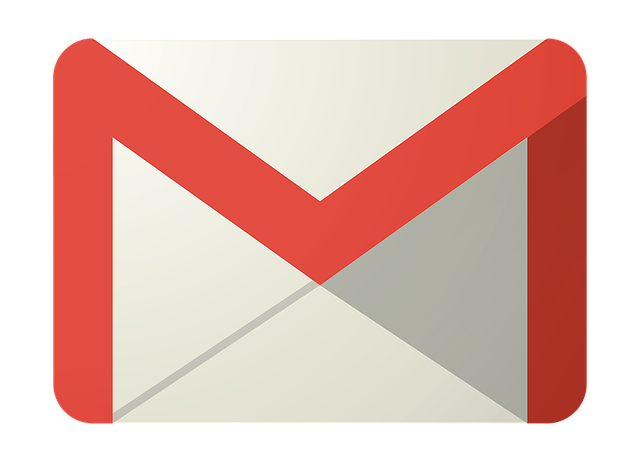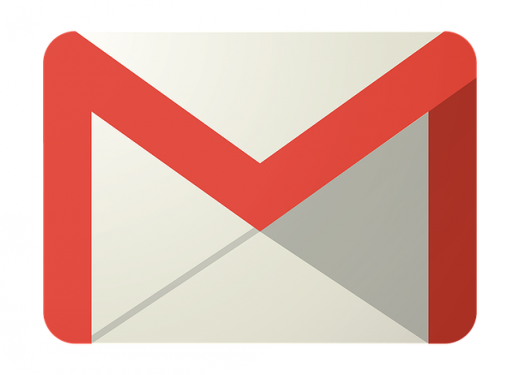Privacy Advocates Win – Google Will No Longer Scan Gmail for Ad Targeting
— July 6, 2017

Pfpiovani / Pixabay
Soon, Google will no longer scan Gmail accounts to serve targeted ads.
The company announced the change at the end of June. The move is seen as a victory for privacy advocates.
But maybe not such a victory for digital marketers.
Here’s what you need to know about Google’s new policy and how it might impact your online marketing efforts.
Ad Targeting in Gmail
Once upon a time, Google would literally “read” the email of Gmail users.
That wasn’t out of sheer curiosity or so it could get into the personal business of it users (although some people might think that to be the case). Instead, Google read emails so that it could determine user interests.
Then, the company could show them targeted AdWords ads.
That was a gift to digital marketers. It was like they could determine who was in their target market by reading people’s emails.
Unfortunately, that policy is about to come to an end.
What’s Happening?
In a nutshell, Google will no longer read the emails of Gmail users. That change is expected to go into effect later this year.
“Consumer Gmail content will not be used or scanned for any ads personalization after this change,” Google said in a statement. “This decision brings Gmail ads in line with how we personalize ads for other Google products.”
Does that mean Google will stop showing ads in Gmail?
Nope. The company will still show ads. It will target those ads based on info gathered from search and YouTube.
Keep in mind, though, Google will still scan emails for hacking/phishing attacks and spam. That’s not a policy unique to Gmail.
Google will also view emails to deliver the appropriate Smart Replies.
The policy change only affects personal Gmail users. Google never scanned the emails of enterprise customers who use G Suite.
Why the Change?
Although the company says that the change is to bring Gmail ads in line with how it personalizes ads for other Google products, there’s probably more to the story.
Seth Schoen is a senior staff technologist from the digital rights group Electronics Frontier Foundation. He claims that the company responded to the business community in determining to make the change.
“This action was driven by concerns from business users — not regular individuals,” he said. “Some of the regular people who use Google services disliked the way their email contents were being used to target ads way back in 2004. Yet their concerns couldn’t get much traction until Google became aware 13 years later that some current or prospective paying enterprise customers were uncomfortable with this practice.”
So it looks like Google is trying to gather more customers for its G Suite products. That makes sense, because the company sees potential for growth in that sector.
A Challenge
Privacy advocates are claiming a victory with the new policy. Digital marketers might see it a different way.
Why? Because Google won’t “read” people’s emails on your behalf. That might limit your reach to Gmail users.
In fact, the old system gave you an opportunity to target the customers of competitors. That’s because Gmail users who communicated via email with other businesses in your niche would likely end up as candidates for your ads.
Not anymore.
What To Do Now?
So how should you play this change? The reality is that you probably won’t have to make any significant changes.
If you’re really into offering up highly targeted ads, it might be a good time to shift more resources to Facebook advertising. Keep in mind that Facebook gets its info about user interests from publicly available data (the user’s newsfeed), so privacy concerns aren’t an issue.
Also, you still have paid search. People who write emails about a subject are likely to search for info about that subject online. You can target them that way.
Digital & Social Articles on Business 2 Community
(52)


